Americans have the right to a fair trial. We care so much about this right that we often sequester jurors, sheltering them from the media and the outlandish court of public opinion.
It’s for good reason. The court of public opinion often rules swiftly and rashly without viewing the evidence. Here are some high-profile cases where the defendant won the legal battle but lost their reputation.
McDonald’s Coffee
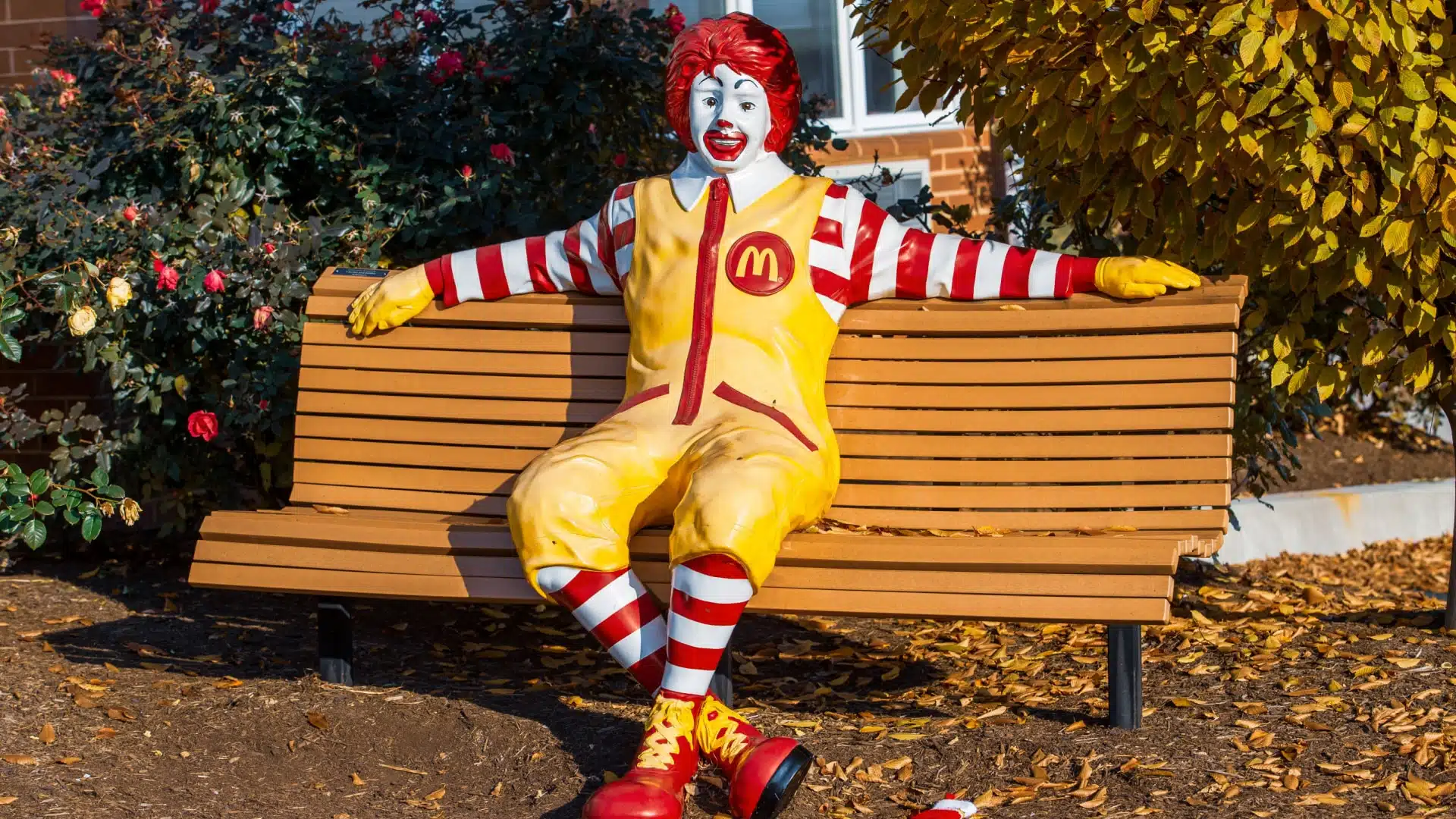
Everyone ridicules the woman who sued McDonald’s over a cup of hot coffee. “Coffee should be hot!” they screamed derisively.
She won in court, though, because the juror learned that McDonald’s purposely kept their coffee scolding hot for ease and that the coffee left 3rd degree burns on the poor woman’s body.
OJ Simpson
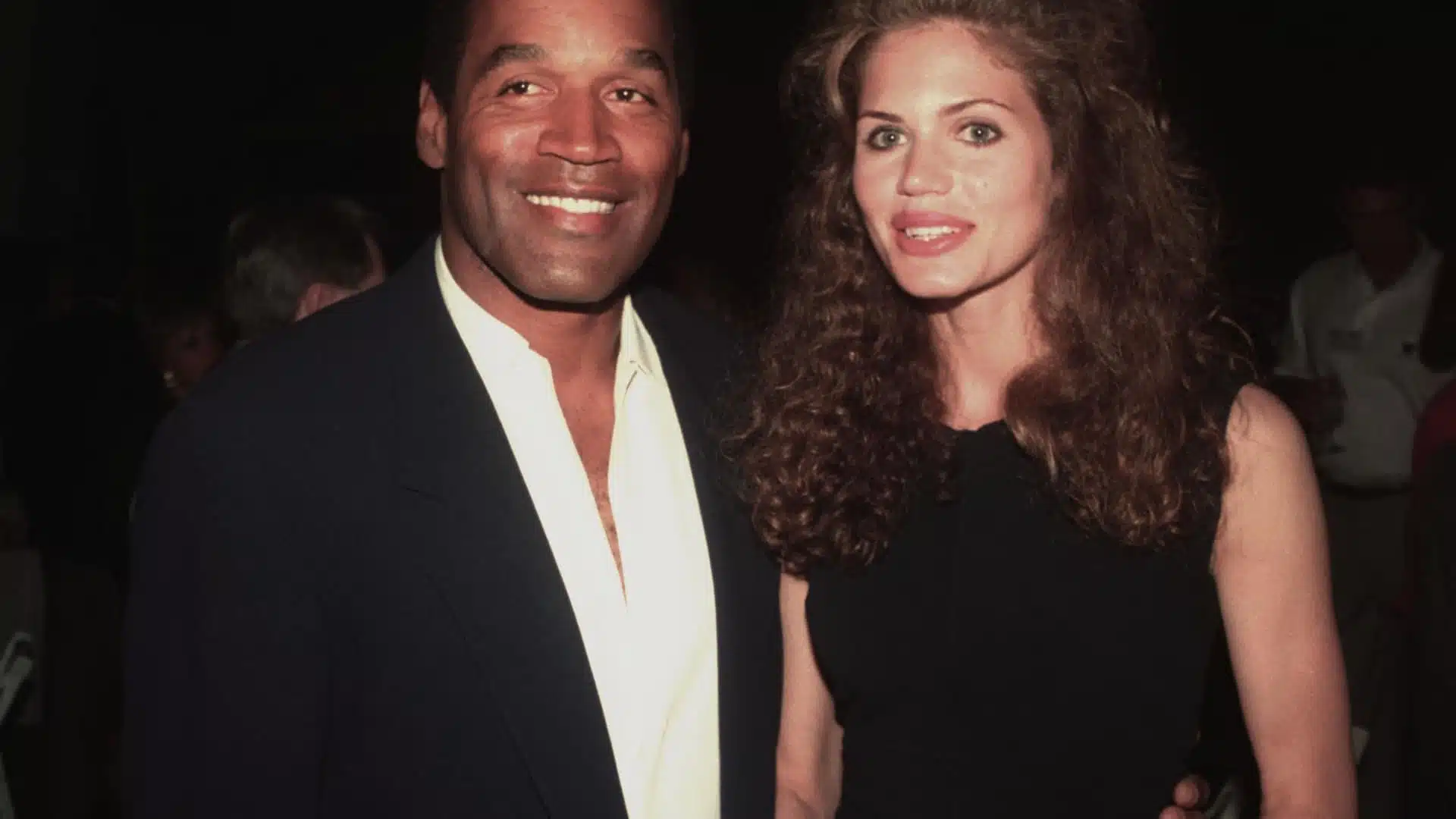
The public still believes OJ killed his ex-wife Nicole. However, in his case, the system worked as intended. Prosecutors faced severe problems, from a racist cop to mishandled evidence, and couldn’t prove Simpson guilty beyond a reasonable doubt due to those issues.
Richard Jewell

Richard Jewell, a security guard working the 1996 Olympics in Atlanta, proves how horrific mob rule really is. During the investigation into the bombing, the FBI named Jewell a “person of interest.” The media had a field day, declaring him guilty with no evidence, and the public followed.
In reality, Jewell spotted the backpack first, and his fast actions saved lives. His reputation never recovered, even after the true culprit was found guilty.
Casey Anthony

Casey Anthony provides another example where guilty people walk free due to inadequate evidence. Everyone thinks she murdered her little girl, but our legal standard of “guilty beyond a reasonable doubt” ensures innocent people don’t go to jail (in theory).
Ken McElroy
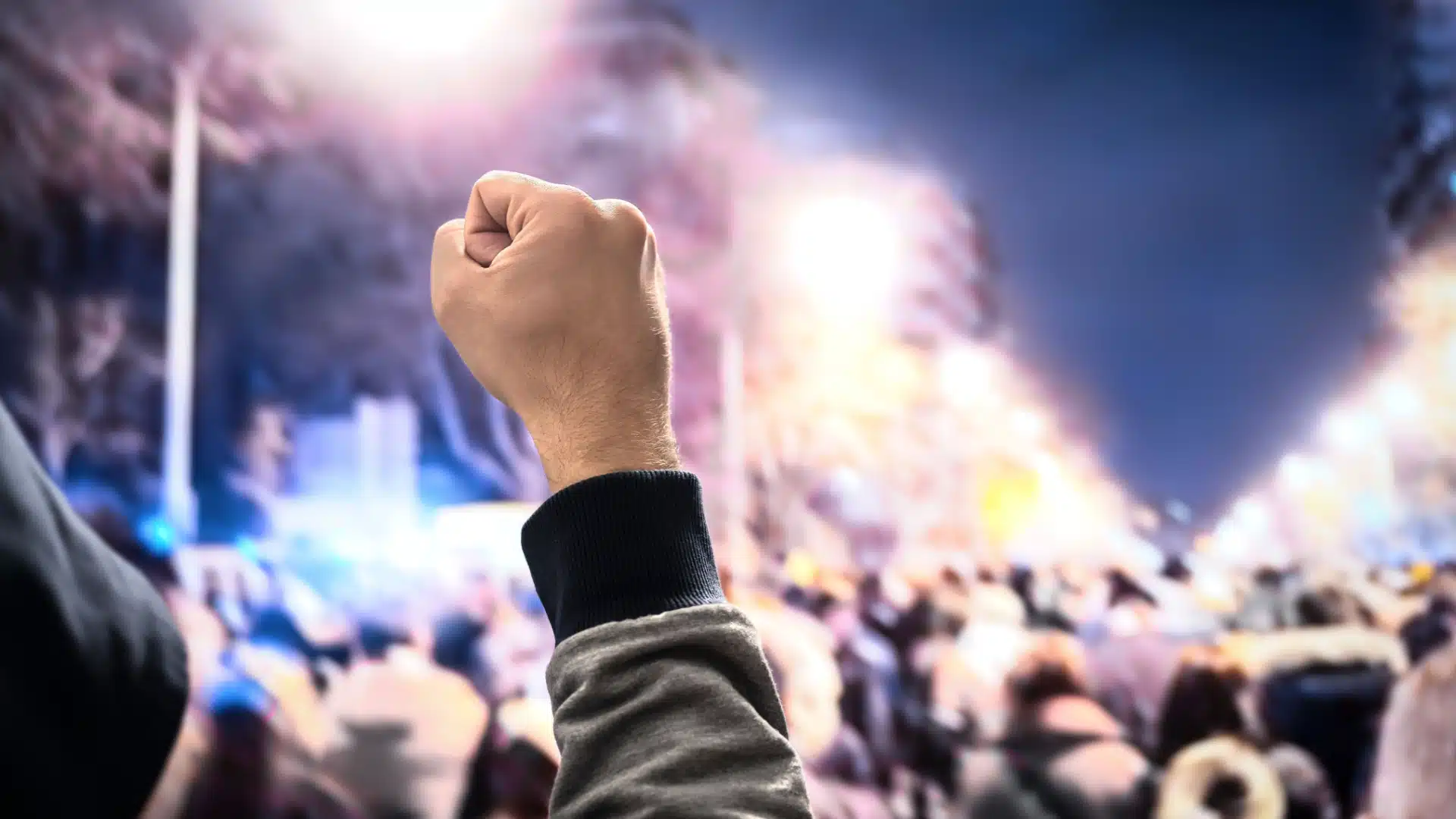
McElroy terrorized a small town with numerous charges and a long rap street but, somehow, always escaped conviction.
One day, the townspeople took matters into their own hands. No one would speak during the police and subsequent federal investigation, and to this day, no one knows the killer’s true identity.
Brock Turner
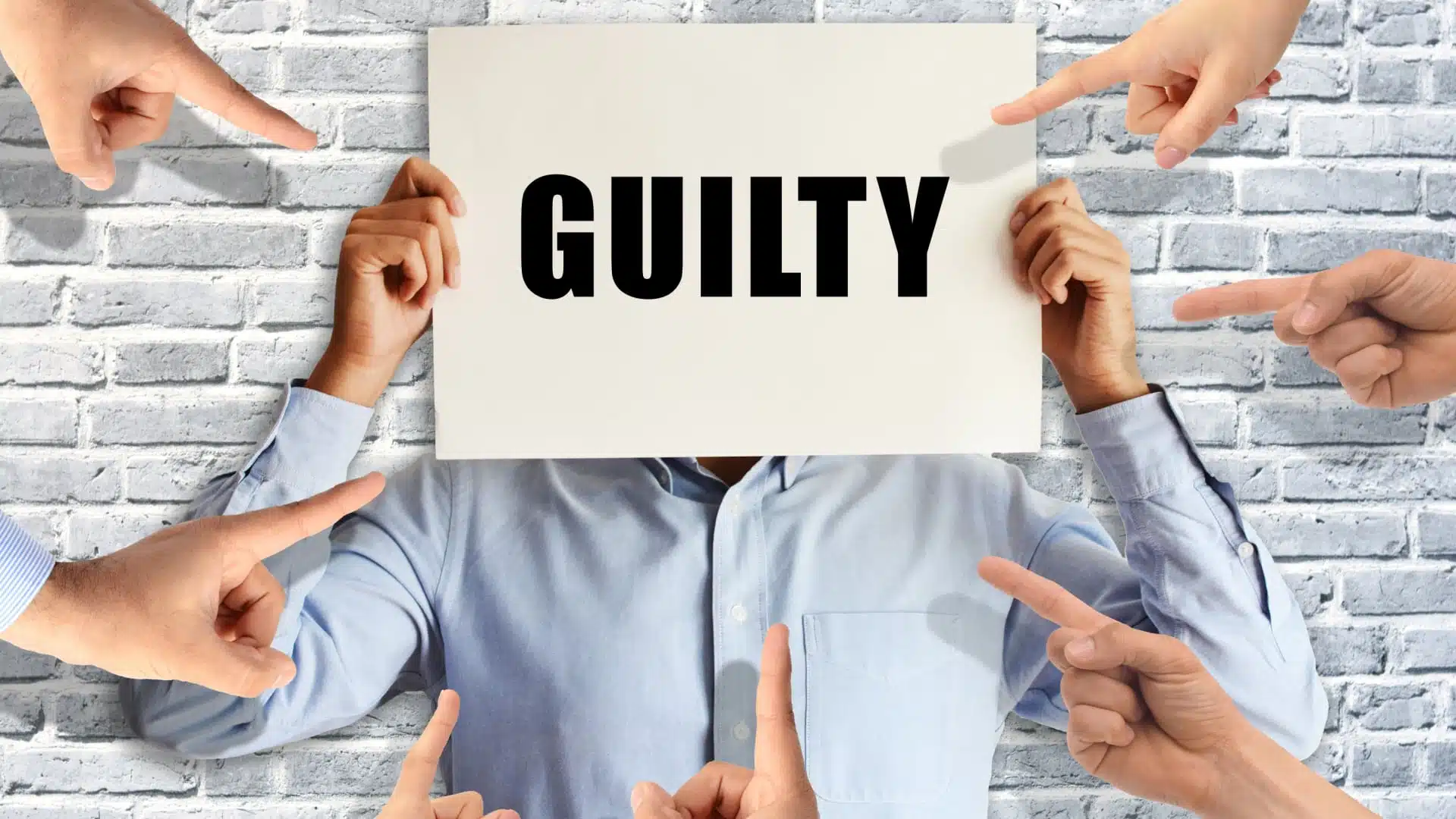
Turner may have technically lost his court case, but the judge’s leniency in sentencing was a massive win for him. He sexually assaulted an unconscious woman but received a light slap on the wrist because the judge didn’t want to “ruin his life.”
The public remembers, though.
Far Too Many Cops
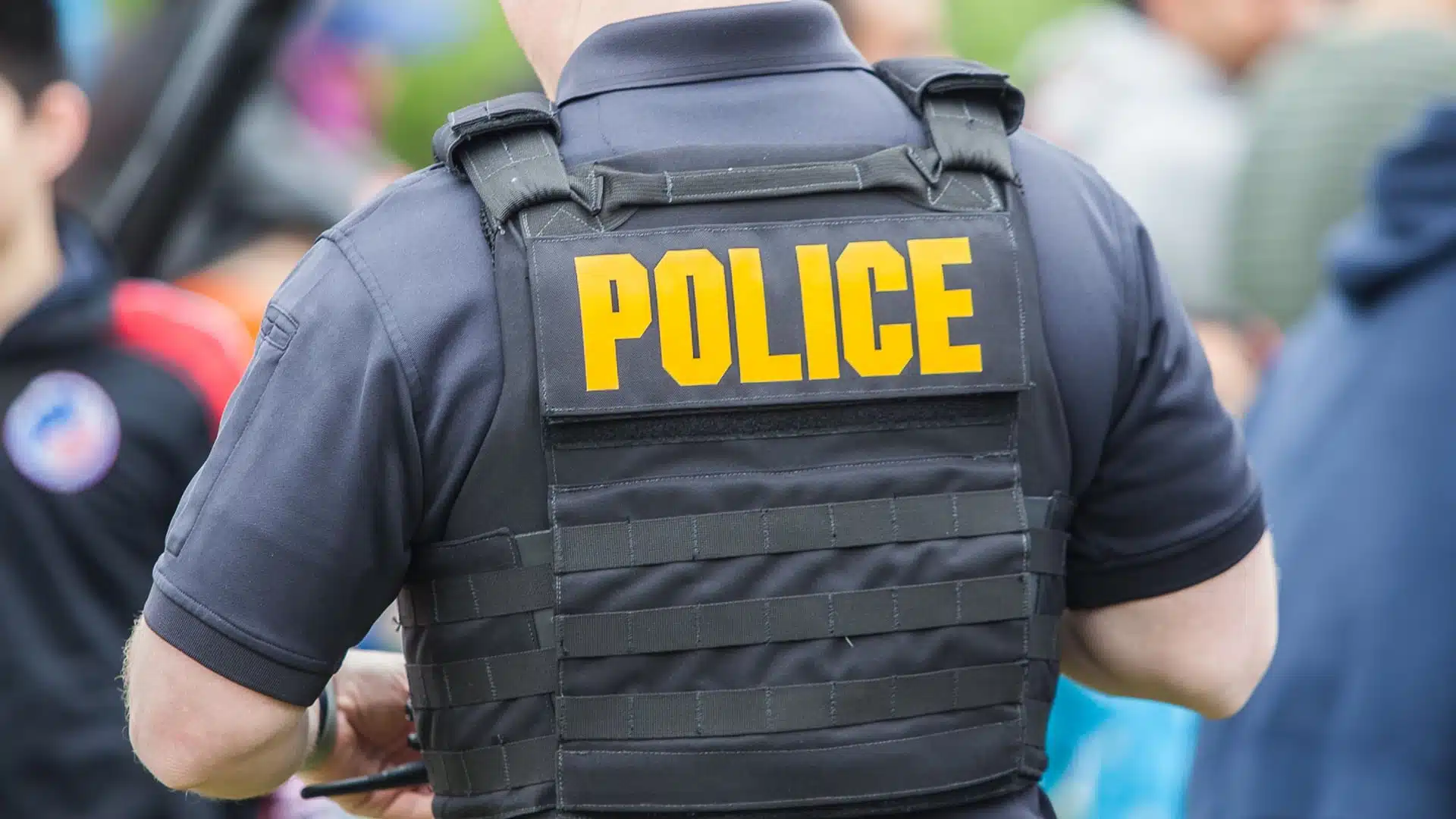
So many cops escape punishment for murdering people in the streets it’s impossible to name them all. However, many see the trend starting with the three cops who brutally attacked Rodney King, starting the infamous LA Riots.
Kyle Rittenhouse
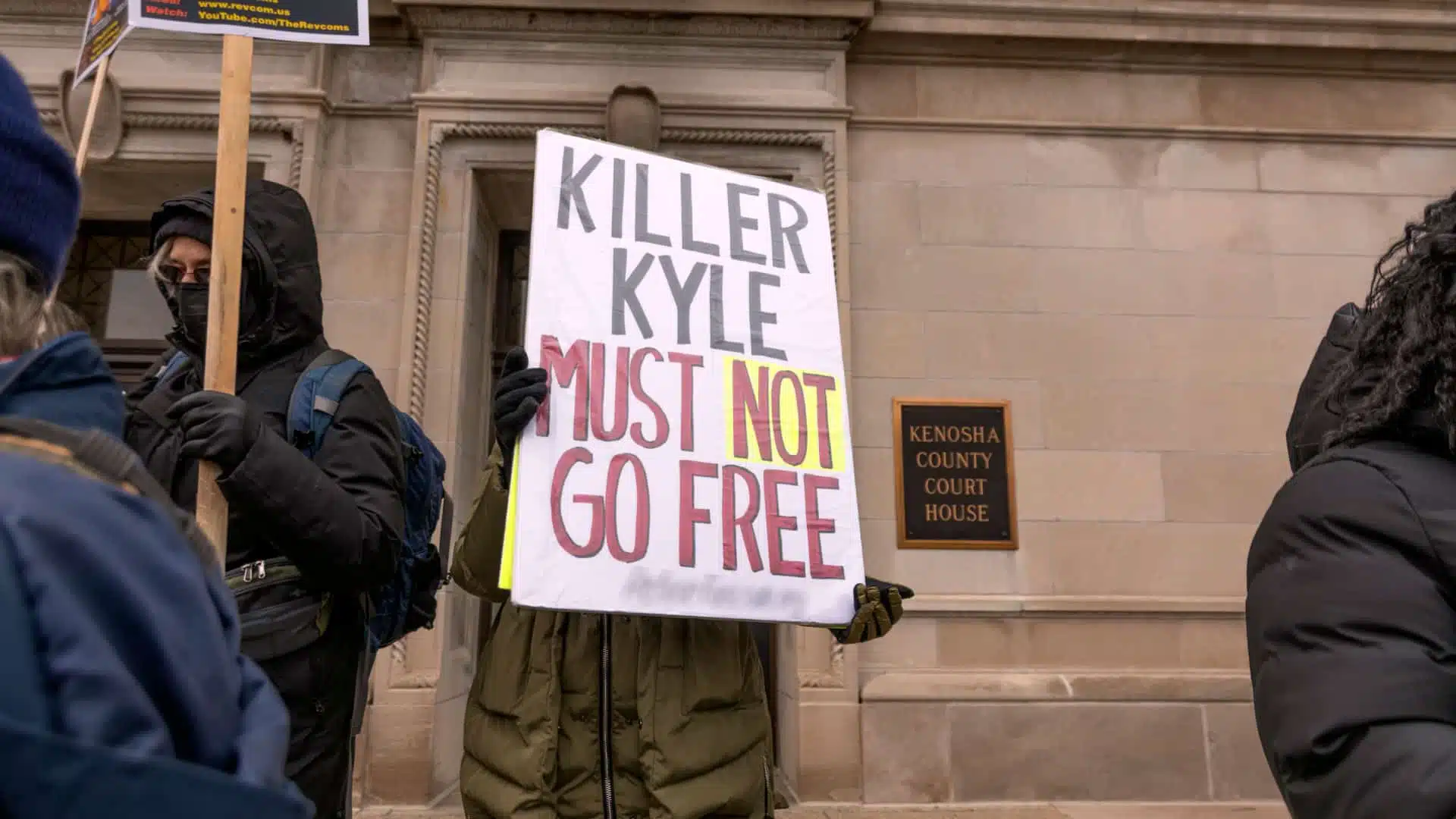
Kyle Rittenhouse is either a hero or a villain, depending on who you ask. The courts acquitted him, saying his actions were in self-defense, but many believe he was guilty. However, the public rarely properly understands the legal criteria required to convict under these circumstances.
Lindy Chamberlain

The public mocked and ridiculed Chamberlain for claiming a dingo attacked her infant baby, but it turned out to be true. People still make jokes about the tragic incident.
Metallica
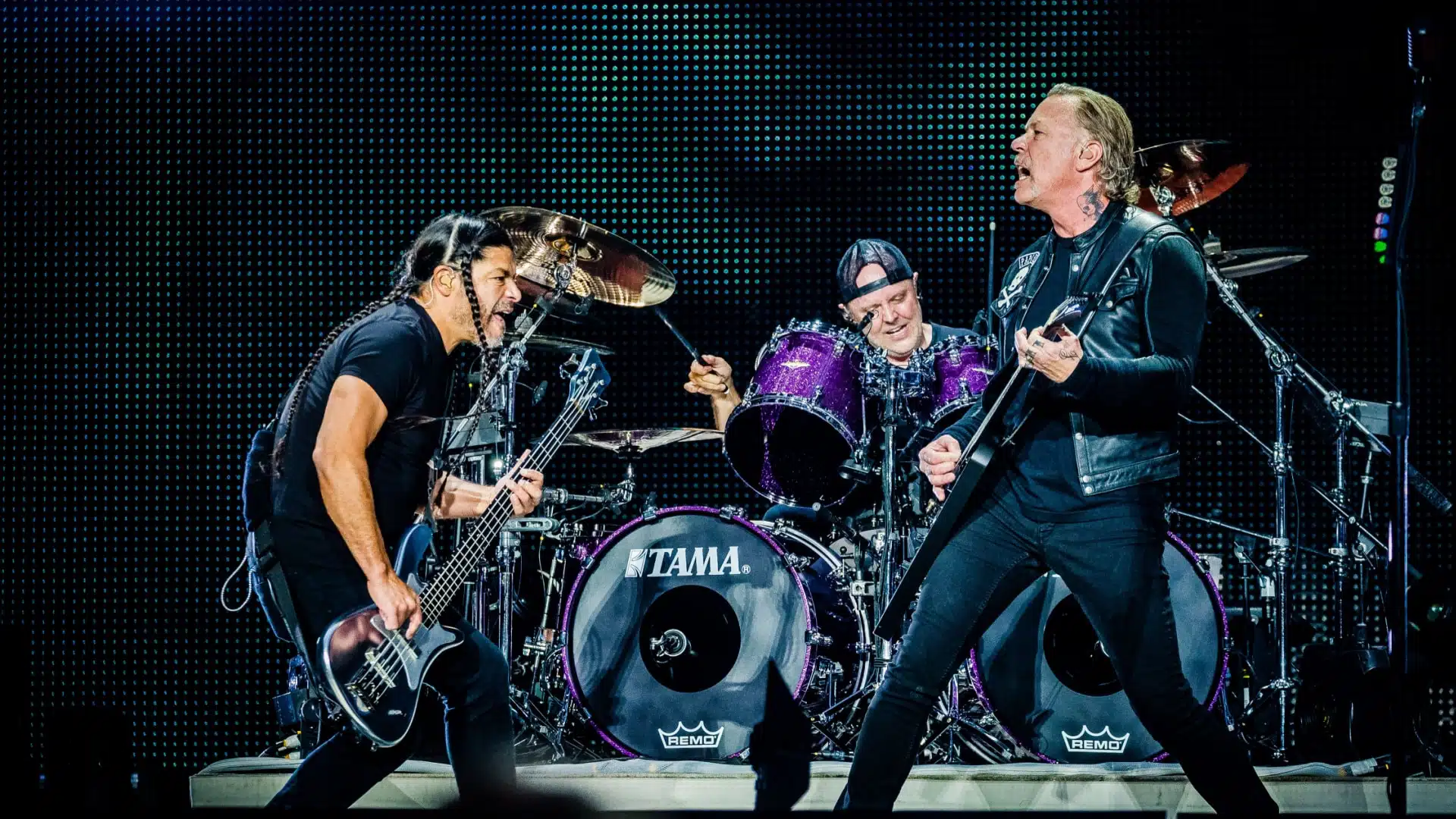
Metallica was the only band gutsy enough to speak out against the music pirating company Napster. They won their case, but the public hated that they could no longer “get free music.”
George Zimmerman

The jury acquitted Zimmerman after he stalked, confronted, and killed a black teenager for the crime of existing in the wrong neighborhood. However, the public still views Zimmerman as guilty in the racially charged confrontation.
Is America Actually Dystopian?

Although there are many fantastic things about living in the US, some of our systems and laws leave many scratching their heads, wondering if we’re already living in a dystopian nightmare.
Here’s the evidence that makes us wonder if America is actually a dystopia.

